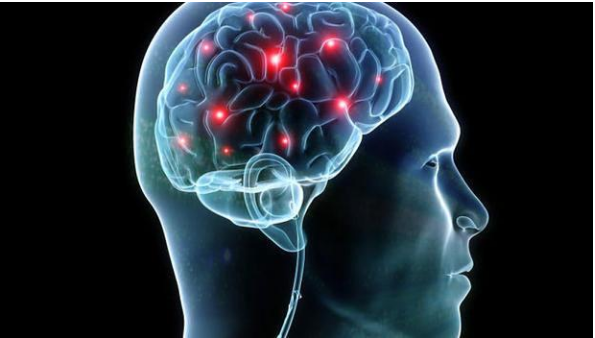In our previous article on anxiety and stress, we discussed the many ways you can work to alleviate or at the very least, reduce your anxiety. Now, let us discuss how stress affects you and what it can to do to your body, should it prolong. It is our hope that having this basic understanding of stress and anxiety will help you build on eliminating it.
Good Stress vs. Bad Stress
This human body’s response to environmental factors has many benefits. It helps us to keep going, face challenges, and overcome danger. This is due to the body’s built-in “fight or flight” which we react to when we are confronted with potential danger.
While occasional triggering of the fight or flight response has positive effects, prolonged engagement of this state can lead to a condition called chronic stress and it happens when a person goes through a series of prolonged challenges without any relief.
This condition is dangerous because the body’s fight or flight response is active all the time, which can subsequently disturb our system’s internal balance and can lead to wear and tear in the body – both emotional and physical.
Effects of Stress on the Body

Chronic stress is not something to ignore. As this disorder prolongs, more damage can occur in your body, both physically and mentally. According to the American Psychological Association, the following transformations can occur:
Changes the Function of the Nervous System
This is because chronic stress alters the brain’s neurons by causing too much cortisol to be created. Cortisol exists naturally in the brain, but too much of it can disrupt the synapses (the electrical connections) between neurons and as a result, cognitive processing can be inhibited.
In other words, an abnormal abundance of cortisol can cause degradation of memory since the connections (of the synapses) equate to the transfer of information and if those connections are broken, so is the transfer of information.

The effects of chronic stress are obvious when a person experiences difficulty in retaining and processing information (although there could be other factors involved as well). This can subsequently result in decision issues as well.
Chronic Pain

Anxiety can cause the muscles to be in a state of alertness, which is due to our fight or flight condition. While this helps us to become more active in stressful conditions, it can lead to chronic (persisting) pain in the long run.
This is because chronic stress causes tension in the body. If the muscles continue to be in this state for too long, it can lead to stiffness, particularly in the areas of the neck, shoulders and head. Sometimes pain can be felt in the chest, but chest pains can be a sign of something even more significant and should not be taken lightly. People experiencing muscle pain from stress are also prone to migraines and stress-related headaches.
Cardiovascular Diseases
When in this fight or flight condition, the heart and the blood vessels work harder to provide more oxygen to the body, in turn producing stress hormones. This exposes your body to unhealthy, elevated levels of adrenaline, cortisol and norepinephrine, which increases heart rate and blood pressure, and happens so that the body can make quicker decisions in case of danger.

If the condition becomes chronic, the heart and blood vessels need to work even harder on a continuous basis; subsequently, the risk of heart attacks and other cardiovascular diseases increases. Additionally, the constant presence of stress hormones in the blood can enhance the production of cholesterol.
Secondary effects of stress-related heart disease could result from overeating, lack of exercise and the potential to drink and smoke more.
Affects the Respiratory and Digestive Systems
The respiratory system in the human body supplies oxygen to all parts of the body. In case of stress, the heart rate increases which, in turn, pushes the lungs to supply oxygenated blood to the body. This causes shortness of breath and rapid breathing. For people who do not have any respiratory condition, shortness of breath may not be a problem but it can be a serious concern for someone who has asthma or some other respiratory condition. Research also suggests that chronic stress can trigger respiratory conditions like asthma. This is because of a continuously overworked respiratory system.
Stress is also closely linked with the digestive system. It not only gives you “butterflies” but can influence the overall health of your entire digestive system. Since stress increases metabolic activity, the processes taking place in your digestive system also speed up. As a result, it can lead to many conditions that are associated with improper digestion. This includes acid reflux, vomiting, nausea, and inconsistent bowel movements.
Conclusion
While some amount of stress is important to keep you going, too much can have detrimental effects on the human body. There is an abundance of ways to control stress, but in a nutshell, make sure you eat the proper stress-reducing foods, get a good seven-eight hours of sleep, exercise regularly and seek medical attention if necessary.
